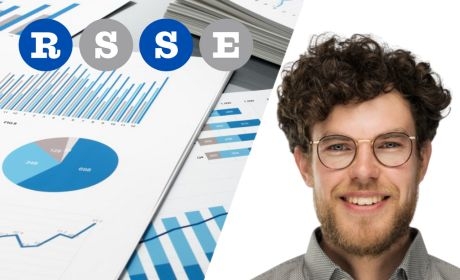Christian Zimpelmann (University of Hamburg) 17.10.2024
It is our pleasure that Christian Zimpelmann (University of Hamburg) will present on Thursday, October 17, 2024, at 12:45 in room RB437 about the topic “Can Work from Home Help Balance the Parental Division of Labor?“
Registration is not required and anyone who would like to attend is warmly invited.
It is also possible to participate online via MS Teams at this link.
ABSTRACT: This study examines how the Covid-19 pandemic-induced shift towards remote work has influenced parents’ allocation of non-market and market work. Utilizing a probability-based panel survey and comprehensive administrative records from the Netherlands covering the years 2014 to 2022, we demonstrate that the potential for remote work has been significantly realized only after the onset of the pandemic. Simultaneously, following a brief period of school and daycare closures, the total time parents spent on childcare returned to pre-pandemic levels. Notably, while the potential for remote work was associated with reduced childcare provision before the pandemic, this relationship reversed post-pandemic onset. We interpret this shift as an indication of increased flexibility for parents, with fathers experiencing greater gains than mothers. Consequently, the division of childcare duties has become more equitable, and mothers have increased their working hours. Our findings suggest that broader acceptance of remote work by employers could foster greater gender convergence in the intra-household division of labor.
BIO: Christian Zimpelmann is a Postdoctoral Researcher at University of Hamburg since 2024. After finishing his PhD at the University of Bonn in 2021, he was a postdoc at IZA, where he still is an associated member. In May 2023, he visited the University of Oxford. He is interested in labor supply and financial decision of households, with a particular focus on the behavioral foundations underlying these choices and how they are influenced by the institutional environment. Methodologically, he use advanced econometric and computational methods and utilize both self-collected survey data and large-scale administrative data sets. He has made significant contributions to the development of GETTSIM, an open-source model of the German tax and transfer system which he applies in his research.
